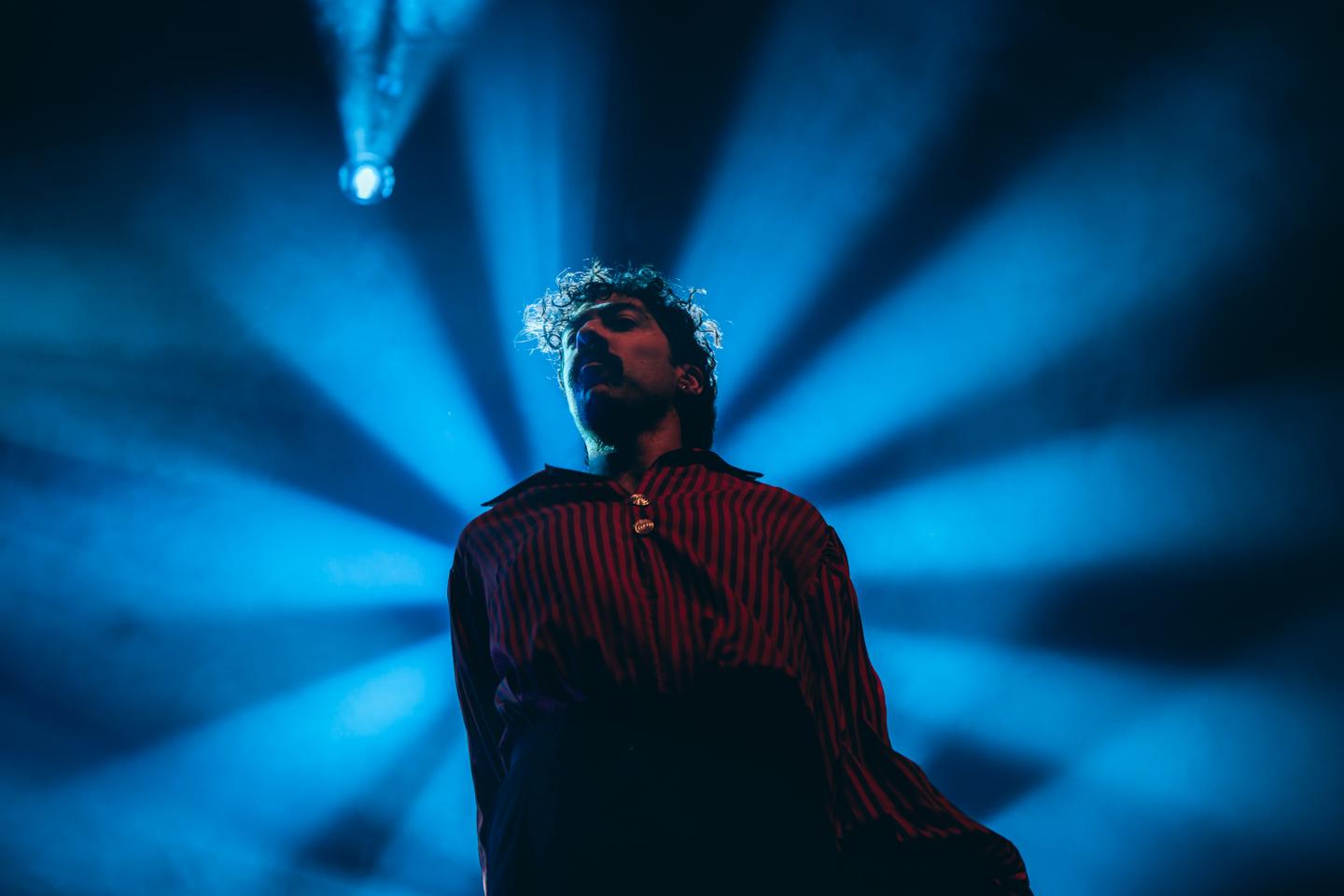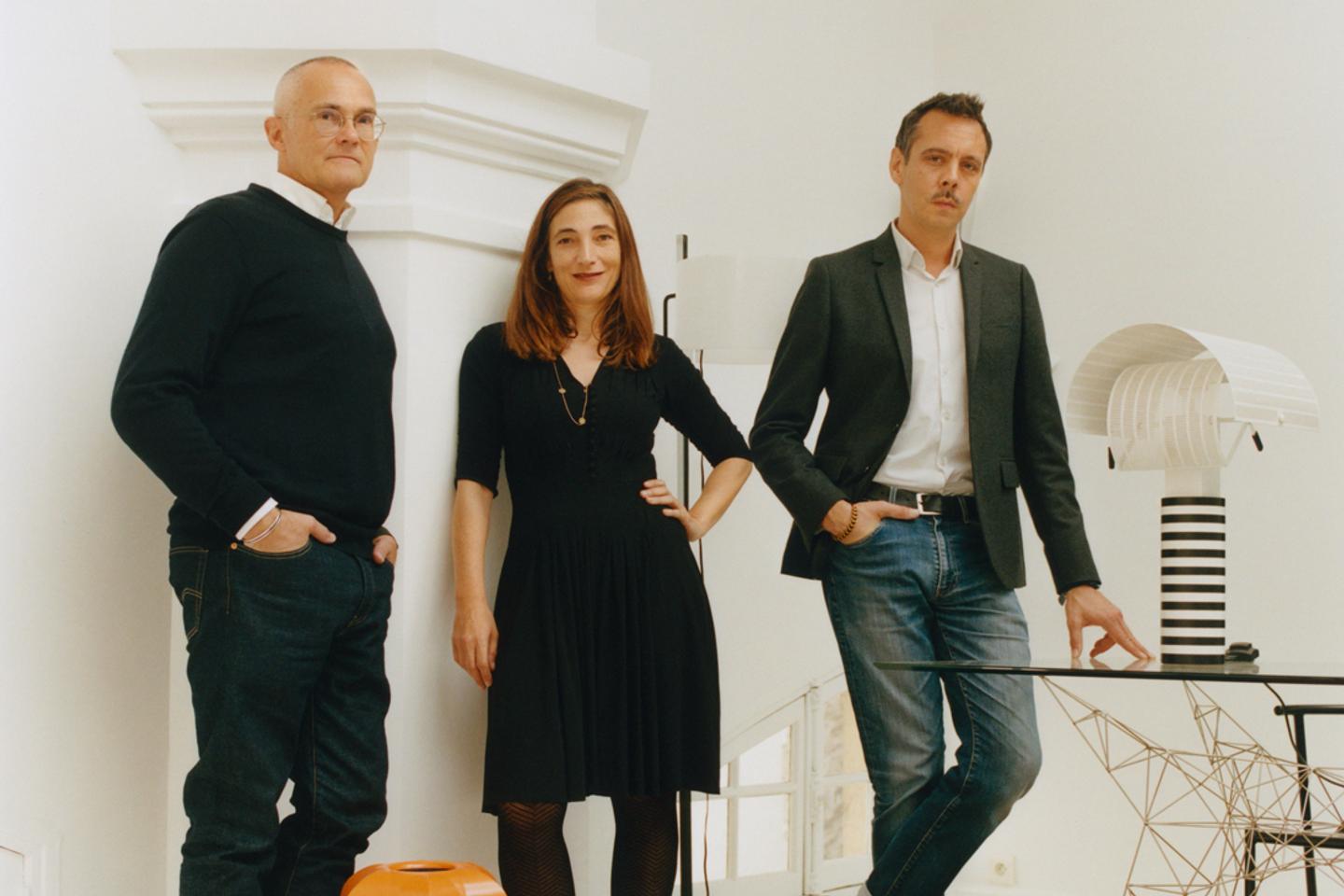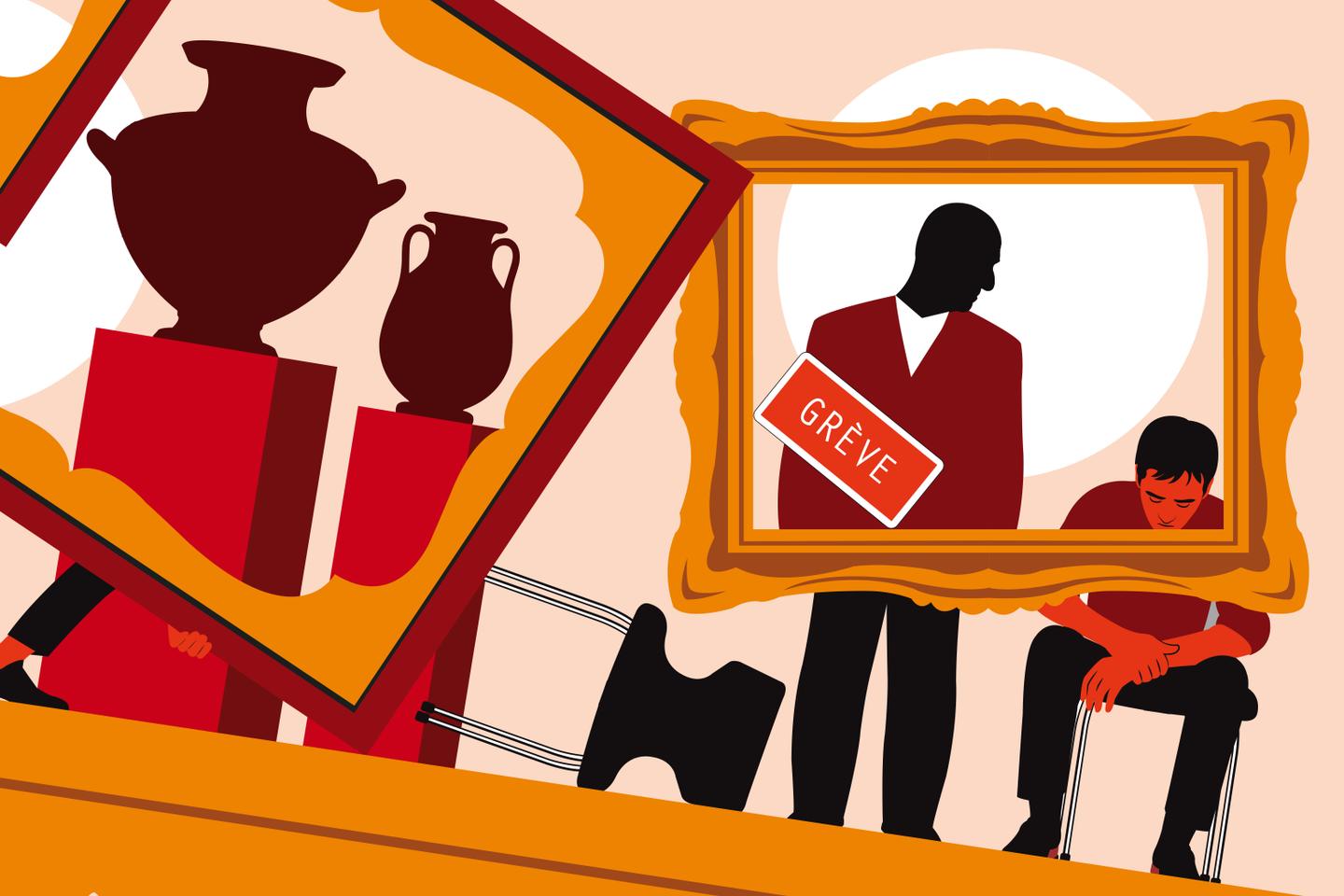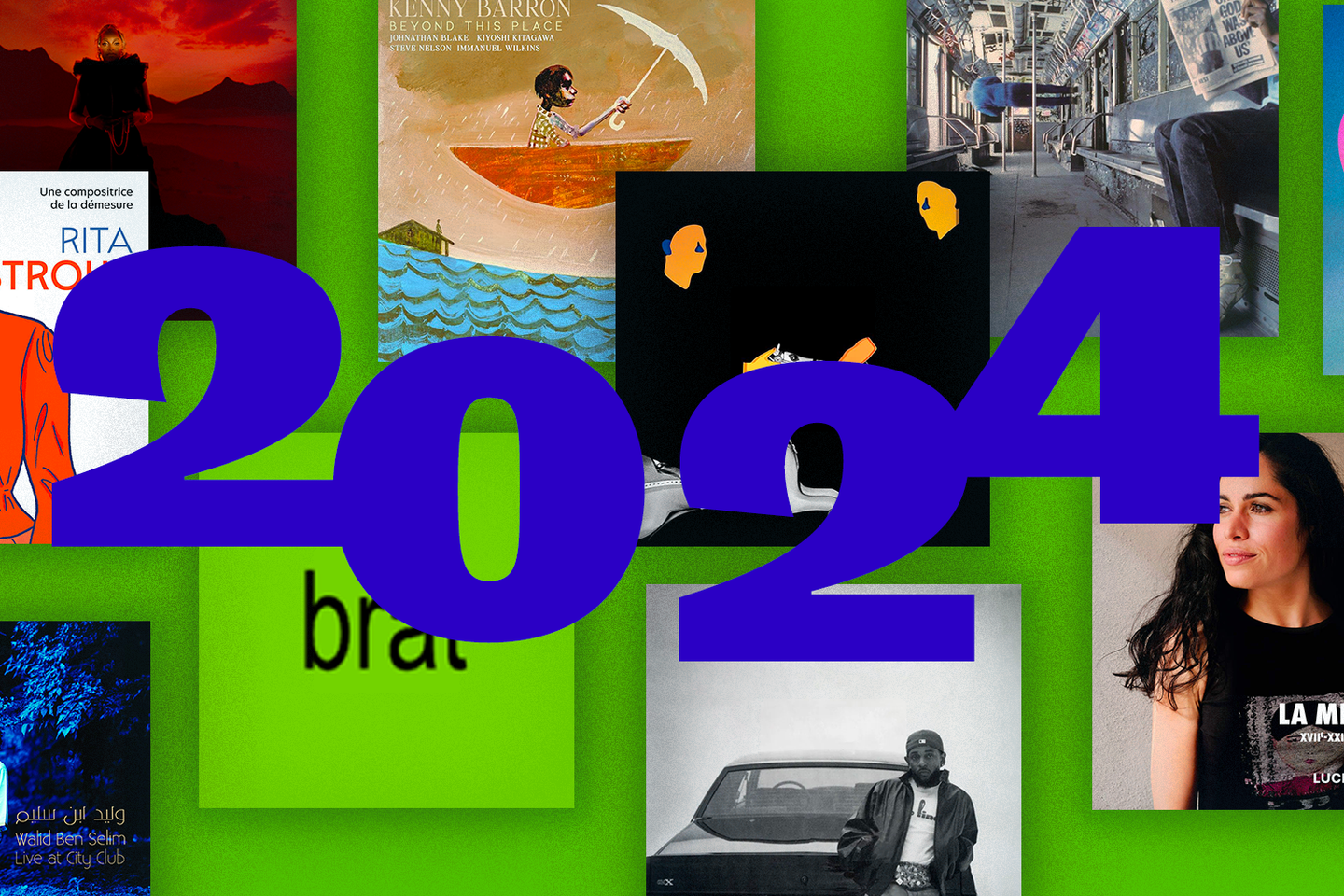

Before reinvesting, from December 5 to 8, the gigantic halls of a newly redeveloped exhibition center, 46e edition of Trans Musicales de Rennes offered an opening night tinged with nostalgia on Wednesday, December 4, at the Salle de la Cité, birthplace and longtime favorite hall of the Breton festival. There, a stone’s throw from Place Sainte-Anne, in the heart of old Rennes, on June 14 and 15, 1979, groups like Marquis de Sade and Entre les deux fils dénudés de la dynamo (led by a rookie named Etienne Daho) launched the event created by Hervé Bordier, Jean-Louis Brossard and Béatrice Macé. Before success pushed the festival to look for bigger arenas (gym, in 1989, then Parc Expo, outside the city, since 2004), only great times lived in this old union hall and political meetings!
Concentrated in this warm space, the audience of less than 900 spectators rubbed shoulders with future stars (Björk, Stephan Eicher, Les Négresses vertes, Ben Harper, Arno, etc.) or fell in love with unknown people who remained so , despite the concert anthology ( Blueberry Hellbellies, 3 Mustaphas 3, Chevalier Brothers…).
Melancholy managed to pass through programmer Jean-Louis Brossard, still at the helm, upon arriving at this long-closed workroom, where Trans had not programmed evenings since 2012. On the square leading to the entrance, large portraits of the disappeared. rock figures from Rennes – Philippe Pascal (1956-2019), Dominic Sonic (1964-2020), drummer Tonio Marinescu (1963-2016) – remind us of the cruelty of passing time. The festival dedicates this edition to him the former Marquis de Sade, Frank Darcel (1958-2024), died in March.
Mixtures
But at a time when neighbors in the Pays-de-la-Loire region see dark prospects for their cultural projectsthreatened by the budget cuts expected by its president, Christelle Morançais, Trans Musicales firmly hold the bar of a philosophy carried by the festive and innovative expression of crossover.
City Hall, I didn’t regret yesterday, I took advantage of the moment, keeping faith in tomorrow. We happily open the evening with Ziyad Al-Samman. The son of a Jordanian and a Syrian exiled in London, this tall, mustachioed badass could dig into the resources of oriental pop crossovers. If he’s been listening to Egyptian Amr Diab’s hits a lot, as his wild undulations prove Ya Habibithis former pupil of the Liverpool Institute for Performing Arts, the performance school created in 1996 by Paul McCartney, has let glam pop-rock and disco and electro grooves take over.
You still have 43.2% of this article to read. The rest is reserved for subscribers.






